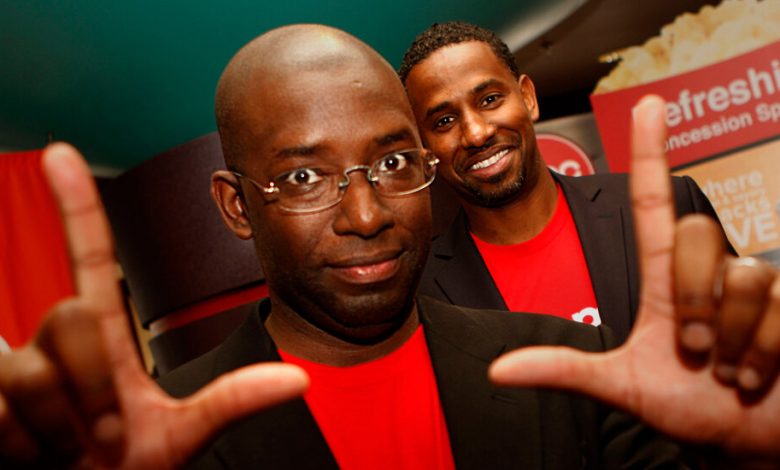‘MoviePass, MovieCrash’ Review: When They Take Your Company Away

As a reporter, I spent the better part of 2018 puzzling over the meteoric rise and sensational nosedive of MoviePass, the brief beautiful dream of a subscription service that’s the subject of Muta’Ali’s new documentary “MoviePass, MovieCrash.” Perhaps you remember those halcyon days. For about $10 a month, you could see any movie in any theater on any day. You received a debit card that you’d use to “purchase” the ticket, and then the company would reimburse the theater for the ticket’s full cost. It worked, for a while, and it was amazing. But it made positively zero sense.
Anyone who passed third grade math can see why. If I pay $10 this month, and see only one movie, the company’s probably already in the hole. (A normal, non-matinee ticket in New York City, where there were a whole lot of MoviePass subscribers, hovered around $15.) If I see two, the hole gets deeper. Now consider the people who go to two movies a week, or four, or seven, and you start to see the problem.
There was some speculation that MoviePass was working on the gym membership model — lots of people subscribe, but few people actually use it, and they balance each other out. But that also makes very little sense. People, on the whole, tend to enjoy watching movies more than they enjoy slogging away on the StairMaster.
The only answer was that MoviePass was either trying to cut deals with studios and theaters, or selling and utilizing user data, or both — especially since Helios and Matheson, MoviePass’s publicly traded owner, was a data analytics firm. The answer is both, and the company’s leadership was convinced that the bigger their user base, the more likely they’d be able to monetize audiences. After all, data showed that MoviePass drastically increased people’s willingness to go to the movies, where they’d presumably spend money on concessions, too — and that might translate to eagerness from theaters to keep the service alive. The company’s chief executive, Mitchell Lowe, who was at Netflix in its early days, was certain that if they could reach five million users, they’d be operating in the black.
MoviePass didn’t reach five million users, but for a while it seemed as though there would be no stopping it. Under the leadership of Lowe and Theodore Farnsworth, the chief executive of Helios and Matheson, the new subsidiary MoviePass Ventures produced the abysmal movie “Gotti” and threw a lot of very expensive parties in mid-2018. At the same time, if you were trying to actually use the service, it went from bad to worse to baffling: random blackout periods, strange requirements for purchasing tickets (like uploading photos of stubs) and near-constant changes to the terms and conditions. Eventually the Federal Trade Commission made accusations that MoviePass fraudulently deceived its customers to prevent power users from getting what they’d paid for. That era of MoviePass did not end well.